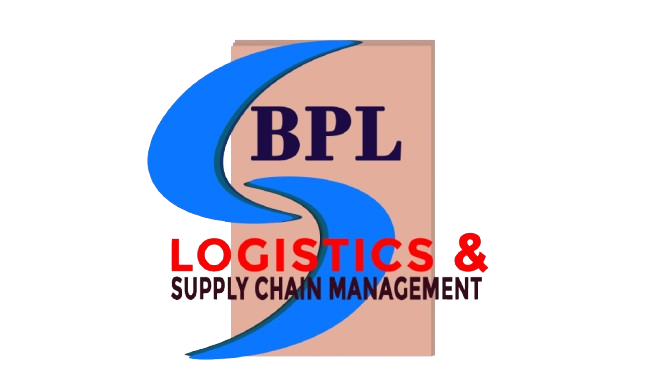In the dynamic and often unpredictable world of Nigerian logistics, your drivers are the heartbeat of your operation. They navigate congested city traffic, long-haul routes, and unique challenges daily. Yet, many fleet managers still rely on outdated, reactive methods to manage their most valuable asset.
The truth is, superior driver management isn’t just about assigning routes and tracking locations. It’s a strategic function that directly impacts your bottom line. Poor practices lead to skyrocketing fuel bills, preventable accidents, and costly driver turnover.
After analyzing data and success stories from fleets across Lagos, Port Harcourt, and Kano, we’ve identified the three non-negotiable pillars of modern driver management. Implementing these is no longer a luxury; it’s a necessity for survival and growth in the Nigerian market.
Why Standard Management Isn’t Enough
Before we dive in, let’s be clear: simply telling your drivers to “be careful” or “save fuel” is ineffective. Without clear data, consistent processes, and a positive culture, you’re left with guesswork and frustration. The following three tips replace that guesswork with a proven system.
Tip #1: Implement Fair & Transparent Performance Scoring
The Problem: Without objective metrics, driver feedback is subjective. This leads to unfair criticism, driver resentment, and an inability to identify who truly needs coaching or deserves recognition.
The Solution: A balanced Driver Scorecard. This isn’t about creating a “big brother” environment; it’s about creating a fair and transparent system where everyone understands the rules of the game. Your scorecard should measure:
- Safety (Weight: 50%): Harsh braking, speeding, rapid acceleration, and cornering.
- Efficiency (Weight: 30%): Idling time, fuel efficiency, and route adherence.
- Productivity (Weight: 20%): On-time performance and completion of digital vehicle inspection reports (DVIR).
The Nigerian Impact: A logistics company we partner with in Lagos implemented this scoring system and saw a 35% reduction in avoidable accidents within six months. More importantly, they could finally data to reward their top performers, which boosted morale across the board.
Tip #2: Shift from Reprimands to Data-Driven Coaching
The Problem: Generic reprimands like “you use too much fuel” are demoralizing and ineffective. They don’t help a driver improve.
The Solution: Use the data from your scorecards for targeted, constructive coaching sessions. This transforms the conversation from accusatory to collaborative.
- Instead of: “You had three speeding events this week.”
- Try This: “David, I see three speeding alerts last Tuesday on the Lagos-Ibadan expressway between 2-3 PM. Let’s discuss strategies for maintaining speed on open roads. Our data shows that reducing your average speed by 10 km/h can improve your fuel economy by up to 15%.”
The Nigerian Impact: This approach removes the emotion and focuses on solutions. Fleets that adopted this method reported not only safer driving but also a 15-20% improvement in driver-manager relationships, as drivers felt they were being coached, not punished.
Tip #3: Foster a Positive Driver Culture with Gamification
The Problem: A culture built solely on punishment creates a fearful workforce with high turnover. Replacing a driver can cost over ₦500,000 in recruitment and training.
The Solution: Actively build a positive culture by gamifying performance and celebrating success.
- Launch a “Top Driver of the Month” program with rewards like public recognition, gift vouchers, or paid time off.
- Create team-based challenges to foster camaraderie.
- Share positive feedback from customers about smooth and timely deliveries.
The Nigerian Impact: A Port Harcourt-based fleet struggling with 40% annual driver turnover introduced a gamified recognition program. Within a year, turnover dropped to 15%. Their drivers reported feeling valued and seen, proving that recognition is often more powerful than a small, isolated bonus.
Your Next Step Towards a High-Performing Fleet
Managing a fleet in Nigeria is tough, but your driver management strategy doesn’t have to be.
This is where Best Practices Limited comes in.
We understand the unique pressures faced by Nigerian fleet managers. Our tailored fleet management solutions are designed to empower you to execute these very strategies seamlessly. We provide the technology to automate performance scorecards, the data insights for constructive coaching, and the strategic support to help you build a lasting, positive driver culture.
Don’t just manage your drivers; empower them. Partner with Best Practices Limited to experience unmatched safety, efficiency, and retention across your fleet.

